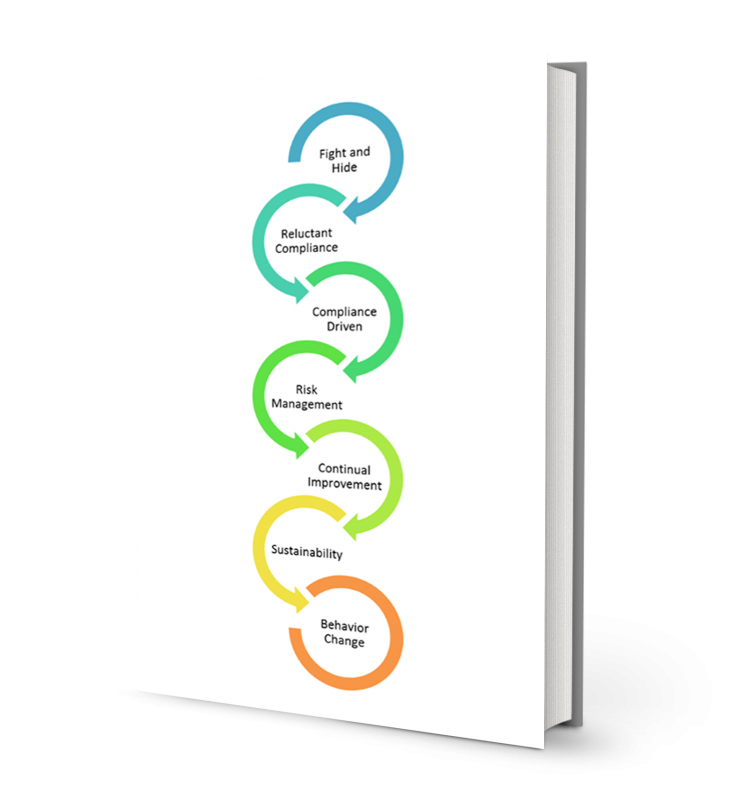HPROMOTING INCLUSIVE SECONDARY SCHOOL EDUCATION IN A PERIOD OF SOCIO-POLITICAL UNCERTAINTY IN NIGERIA: CHALLENGES AND MEASURES FOR IMPROVEMENT
Chukwu, Regina Nwamaka
nr.chukwu@unizik.edu.ng Department of Educational Management and Policy, Faculty of Education, Namdi Azikiwe University, Awka
Ekwe, Ngozika Ijeoma
ngoziknigerwest@gmail.com Department of Educational Foundations, Faculty of Education, Chukwuemeka Odumegwu Ojukwu University, Igbariam, Anambra State
The study investigated the promotion of inclusive secondary education in a period of socio-political uncertainty in Anambra State. Two research questions and two hypotheses were tested at 0.05 level of significance. Descriptive survey research design was adopted for the study. The population of the study comprised 264 principals of public secondary schools in Anambra State. The instrument for data collection was a structured questionnaire developed by the researchers. The instrument was validated by experts in the department of Educational Management and Policy. The reliability test on the instrument yielded coefficient values of.76 for cluster 1 and .80 for cluster 2. The overall reliability coefficient for the entire questionnaire was found to be .78. Mean, standard deviations and t-test was used to analyze data. The findings of the study revealed that inadequate funding of secondary schools, lack of political will to implement government policies on inclusive education, inadequate instructional resources, high rate of corruption among educational administrators and lack of accurate data on special needs students among others are the challenges of promoting inclusive secondary education in a period of socio-political uncertainty in Anambra State. The finding of the study also revealed that providing support for teachers in the form of mentoring and professional development, introducing conflict resolution and peace education programmes in schools, restructuring school infrastructure to be inclusive, allocating sufficient resources to support inclusive education like funding for infrastructure and extensively carrying out policy reforms for inclusive education are the measures of promoting inclusive secondary education in a period of socio-political uncertainty in Anambra State. The researchers recommended that government at all levels should allocate more financial resources to secondary schools, especially during times of socio-political uncertainty among others.
Abdulmumuni, U. S. (2016) Last final draft Inclusive Education in Nigeria: Federal ministry of education national policy on inclusive education in Nigeria. https://www.academia.edu/30831805/Last_final_draft_INCLUSIVE_EDUCATION_P OLICY_Feb
Arowolo D., & Olaniyan A. (2018) Innovative anti-corruption measures and institution building in Nigeria. Journal of African Political Economy and Development, 3 (1), 3–25.
Babatunde, O., Gbadeyan O.J. & Afolabi N. (2021) Civil society, anti-corruption agencies
and governance in Nigeria’s Fourth Republic. In M. Omilusi, O. Olugbemi-Gabriel (eds.) Two Decades of Democratic Experiment: Perspectives on Institutions of Democracy in Nigeria (51–82). Prime Publishers and Educational Services.
Dare, E. A. (2019). Inclusive quality education for sustainable development in Nigeria. Sky
Journal of Educational Research , 6 (2) , 027 – 033.
Ekwueme, L.O. & Aje, I. A. (2022). Implementation of inclusive education for Nigerian
children: Librarian’s roles and challenges. International Journal of Vocational Studies And Library Science (IJOVALIS), 2(2), 35-46.
Onwubolu, C.O. (2017). Introduction to special education interventions and strategies. Chembus communication ventures.
Ogunode, N. J., & Paul, S. A. (2021). Shortage of professional teachers in Nigerian educational institutions and the way forward. Journal of Ethics and Diversity in International Communication, 1(4), 8-15.
Ogunode, N. J., Jegede, D., & Solomon, A. T. (2021). Administration of special needs education program in federal capital territory, Abuja: Problems and solutions. Journal Sinestesia,10(2), 55-65.
Ogunode, N.J. & Yunusa, M. (2022). Inclusive education in Nigerian basic education schools:
Problems and way forward. Electronic Research Journal of Social Sciences and Humanities, 4(3), 1-11.
Onyeji, E. (2020, December 5). Disability Day: Group wants more inclusive education for
children with disabilities.
https://www.premiumtimesng.com/health/healthnews/429594-2020-disability-day-group-wants-more-inclusive-education-for-childrenwith-disabilities.html
Oweh, I. (2019). Teaching gap in basic education system. Independent.
https://www.independent.ng/teaching-gap/
Oyedeji, O. (2022). Corruption perception index 2021: Nigeria ranks 154, hits lowest CPI point in seven years. https://www.dataphyte.com/latest-reports/governance/ corruption-perception-index 2021 nigeria-ranks 154 hits-lowest-cpi-fpoint-in-sevenyears.
UNESCO Global Education Monitoring Report (2021) Nigeria inclusive education.
https://educationprofiles.org/sub-saharan-africa/nigeria/~inclusion
Arowolo D., & Olaniyan A. (2018) Innovative anti-corruption measures and institution building in Nigeria. Journal of African Political Economy and Development, 3 (1), 3–25.
Babatunde, O., Gbadeyan O.J. & Afolabi N. (2021) Civil society, anti-corruption agencies
and governance in Nigeria’s Fourth Republic. In M. Omilusi, O. Olugbemi-Gabriel (eds.) Two Decades of Democratic Experiment: Perspectives on Institutions of Democracy in Nigeria (51–82). Prime Publishers and Educational Services.
Dare, E. A. (2019). Inclusive quality education for sustainable development in Nigeria. Sky
Journal of Educational Research , 6 (2) , 027 – 033.
Ekwueme, L.O. & Aje, I. A. (2022). Implementation of inclusive education for Nigerian
children: Librarian’s roles and challenges. International Journal of Vocational Studies And Library Science (IJOVALIS), 2(2), 35-46.
Onwubolu, C.O. (2017). Introduction to special education interventions and strategies. Chembus communication ventures.
Ogunode, N. J., & Paul, S. A. (2021). Shortage of professional teachers in Nigerian educational institutions and the way forward. Journal of Ethics and Diversity in International Communication, 1(4), 8-15.
Ogunode, N. J., Jegede, D., & Solomon, A. T. (2021). Administration of special needs education program in federal capital territory, Abuja: Problems and solutions. Journal Sinestesia,10(2), 55-65.
Ogunode, N.J. & Yunusa, M. (2022). Inclusive education in Nigerian basic education schools:
Problems and way forward. Electronic Research Journal of Social Sciences and Humanities, 4(3), 1-11.
Onyeji, E. (2020, December 5). Disability Day: Group wants more inclusive education for
children with disabilities.
https://www.premiumtimesng.com/health/healthnews/429594-2020-disability-day-group-wants-more-inclusive-education-for-childrenwith-disabilities.html
Oweh, I. (2019). Teaching gap in basic education system. Independent.
https://www.independent.ng/teaching-gap/
Oyedeji, O. (2022). Corruption perception index 2021: Nigeria ranks 154, hits lowest CPI point in seven years. https://www.dataphyte.com/latest-reports/governance/ corruption-perception-index 2021 nigeria-ranks 154 hits-lowest-cpi-fpoint-in-sevenyears.
UNESCO Global Education Monitoring Report (2021) Nigeria inclusive education.
https://educationprofiles.org/sub-saharan-africa/nigeria/~inclusion

